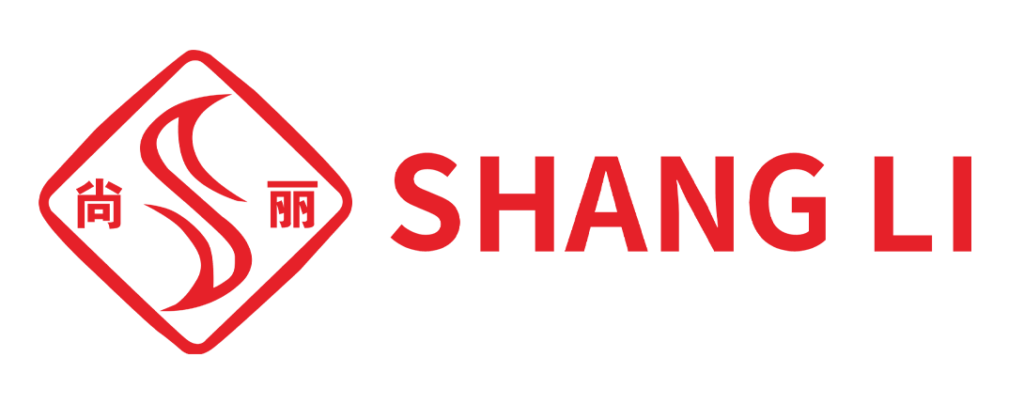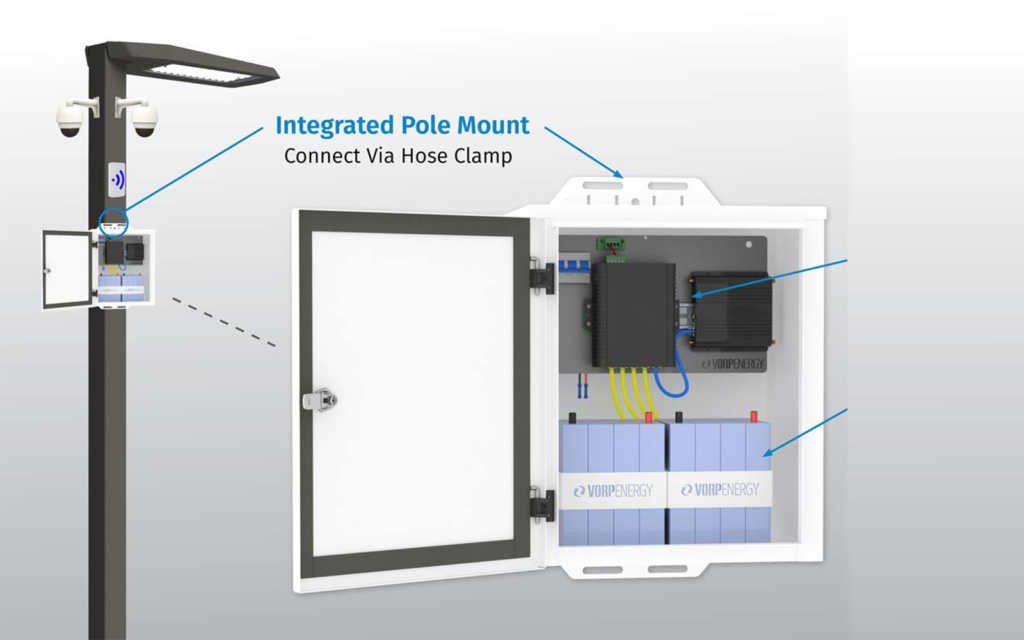The rapid rise of renewable energy and power electronics has placed inverters and UPS (Uninterruptible Power Supply) systems at the heart of modern infrastructure. Whether powering homes with solar energy, stabilizing industrial processes, or protecting sensitive equipment from power interruptions, these systems demand components that can withstand heat, environmental stress, and long operating cycles.
At the center of this performance challenge lies the power supply housing. Far more than just a protective shell, the aluminum power supply housing is an integral part of the design—responsible for cooling, shielding, protection, and structural integrity.
This article explores why aluminum is the material of choice for inverter and UPS housings, breaking down its critical roles in performance, safety, and reliability.
Efficient Heat Dissipation – The “Cooling System”
Inverters and UPS systems convert and regulate large amounts of electrical energy. This process generates significant heat that, if unmanaged, can lead to:
Overheating of sensitive components such as transistors, capacitors, and control boards.
Reduced conversion efficiency, wasting valuable energy.
Premature component failure due to thermal stress.
An aluminum power supply housing naturally functions as a built-in heat sink, ensuring efficient cooling through its material properties:
Excellent Heat Dissipation: Aluminum’s thermal conductivity (~200 W/mK) enables rapid transfer of heat from internal components to the external environment.
Passive Cooling: Extruded fins and optimized surface areas maximize airflow, supporting natural convection cooling without additional fans.
Excellent Heat Resistance: When exposed to high operating temperatures, aluminum forms a stable oxide layer, preventing discoloration and material degradation.
By acting as a cooling system in itself, aluminum housings significantly extend equipment lifespan and reduce maintenance needs.
Second Role: Indestructible “Protective Armor”
Beyond heat management, inverter and UPS housings must withstand the rigors of real-world environments—from industrial factories to outdoor solar installations.
Aluminum enclosures excel as protective armor because they provide:
Structural Strength: Resistant to mechanical shocks, impacts, and vibrations.
Corrosion Protection: With natural oxidation and anodizing finishes, aluminum resists rust and surface wear, even in humid, coastal, or industrial conditions.
Weatherproof Durability: Suitable for outdoor applications where housings face rain, dust, UV exposure, and fluctuating temperatures.
This durability ensures that sensitive power electronics remain shielded from external hazards, reducing downtime and repair costs.
Loyal Guardian of Safety and Shielding
Safety is paramount in new energy applications. Inverters and UPS systems operate under high currents and voltages, which makes housing design critical to system security.
Aluminum power supply housings serve as a loyal guardian of safety in three key ways:
Electrical Shielding: Aluminum provides natural EMI/RFI protection, preventing electromagnetic interference that can disrupt system performance or nearby equipment.
Fire Resistance: Unlike plastic enclosures, aluminum does not melt easily and does not emit toxic fumes, adding another layer of protection.
Grounding Capability: As a conductive material, aluminum housings can be integrated into grounding systems, meeting international safety compliance standards.
This combination of shielding and fire safety ensures reliable performance in mission-critical environments like data centers, hospitals, and industrial facilities.
Lightweight and Structurally Integrated – The “All-Around Framework”
Modern renewable energy systems demand efficiency, portability, and design flexibility. Aluminum provides the perfect balance as an all-around structural framework.
Lightweight Advantage: Weighing just one-third of steel, aluminum reduces transport, installation, and maintenance costs.
Excellent Ductility: Aluminum can be extruded or CNC-machined into complex shapes, allowing for innovative housing designs that resist deformation under load.
Integrated Features: Extruded housings can include built-in slots, channels, and mounting rails, reducing the need for additional parts.
This makes aluminum not just a housing material, but a structural enabler that supports compact, efficient, and modern inverter/UPS designs.
How to Select the Right Aluminum Housing for New Energy Equipment?
Selecting the best aluminum power supply housing depends on matching design with functional needs. Here are key factors to consider:
1. Power and Thermal Requirements
High-power inverters/UPS: Require housings with large fin arrays and advanced surface treatments for maximum cooling.
Low-to-medium power systems: Can use more compact housings with standard heat dissipation features.
2. Installation Environment
Indoor applications: Prioritize aesthetics and compact form factors.
Outdoor/industrial use: Focus on IP-rated waterproof and dustproof designs, corrosion resistance, and reinforced structures.
3. Customization
Look for suppliers that offer CNC machining, extrusion, and anodizing to adapt housings for connectors, display windows, or ventilation needs.
4. Certification Standards
Ensure that housings comply with IEC, UL, and CE certifications, particularly for international markets.
5. Cost-Performance Balance
Balance investment in advanced thermal and protective features with overall equipment requirements to maximize ROI.
Empowering Green Energy in Practice
At ShangliEnclosure, we design and manufacture customized aluminum housings that meet the specific demands of the new energy and power electronics industry.
Case 1: Solar Inverter Housing
Challenge: A solar manufacturer required a lightweight yet durable enclosure for rooftop inverters, with strong cooling capacity.
Solution: We designed an extruded aluminum housing with optimized fins, improving heat dissipation by 30% and reducing overall system weight.
Case 2: Industrial UPS Housing
Challenge: A client needed a robust UPS enclosure that could handle heavy-duty industrial conditions while shielding sensitive electronics.
Solution: Our CNC-machined aluminum housing with anodized coating delivered superior EMI shielding, corrosion resistance, and a sleek, professional finish.
These examples highlight how the right aluminum housing not only protects equipment but also enhances performance and reliability in real-world applications.
Choosing a Professional Housing Means Choosing Long-Term Reliability and Value
Inverters and UPS systems are the backbone of renewable energy and power stability. Their efficiency, durability, and safety depend heavily on the quality of their housings.
Aluminum power supply housings deliver unmatched benefits:
Excellent Heat Dissipation for extended lifespan.
Protective Strength against environmental and mechanical stress.
Safety Shielding to ensure compliance and system security.
Lightweight Integration for efficient, modern designs.
By partnering with a professional aluminum housing manufacturer, you ensure that your new energy equipment achieves long-term reliability, efficiency, and value.
At ShangliEnclosure, we provide tailored aluminum power supply housing solutions for the future of green energy.
Ready to enhance the performance of your inverters and UPS systems? Contact us today to explore customized aluminum housing solutions designed for your needs.


